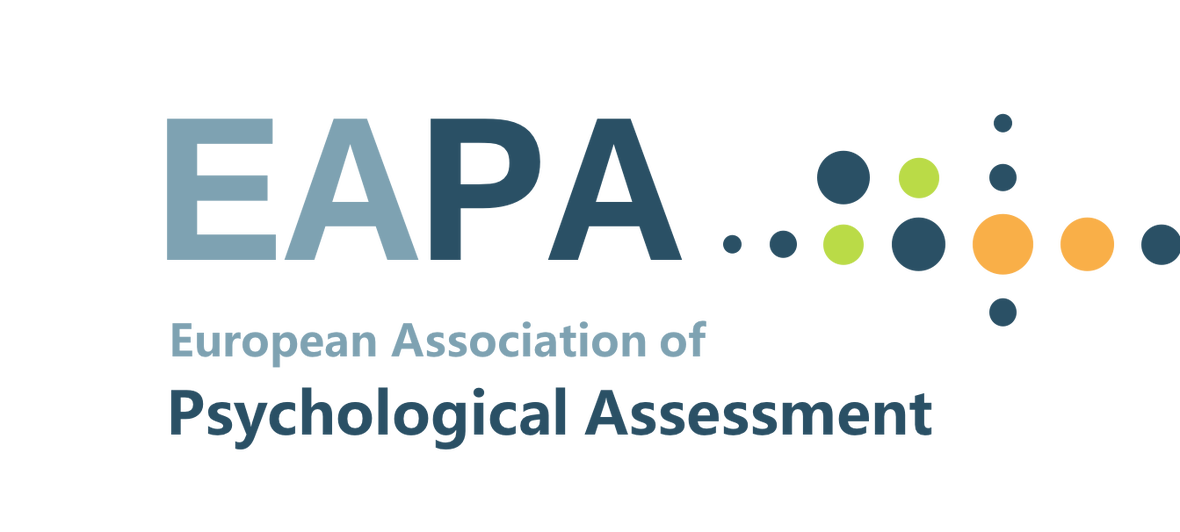OUT NOW: New Series
Handbook of Positive Psychology Assessment
This is a comprehensive guide to positive psychology assessment and the available tools. Learn how to select the right positive psychology assessment tool for the right situation. Each chapter provides introductory background to the positive psychology topic being covered, reviews the most relevant assessment instruments, and discusses the specific assessment-related challenges. Recommendations for selecting assessment tools are included for specific settings.
Shining Light on the Dark Side of Personality
Each chapter reviews two main topics. First, a particular measure used to study such traits is discussed. This section is geared toward helping the reader understand how researchers in this area capture data on these traits and best decide which instrument they want to use and when. Second, each chapter then details what the psychometric data on the test reveals about human nature, including topics such as sex differences, workplace behaviors, sexuality, and value systems. Learn which dark side of personality assessment to use and when.
Principles and Methods of Test Construction: Standards and Recent Advances
This volume describes the current state-of-the-art in test development and construction. It is organized into five related sections: (1) benefits of considering the underlying theory when designing tests, with a focus on factor analysis and item response theory in construction, (2) item format and test presentation, (3) model testing and selection, (4) statistical methods to identify group-specific biases, and (5) current topics of special relevance, such as multi-trait multi-state analyses and the development of screening instruments.
Behavior-Based Assessment in Psychology: Going Beyond Self-Report
Traditional self-reports can be an insufficient source of information about personality, attitudes, affect, and motivation. What are the alternatives? This volume discusses the most influential, state-of-the-art forms of assessment that can take us beyond self-report, including behavior-based assessment, observational methods, innovative computerized procedures, indirect assessments, projective techniques, and narrative reports.
Assessment in Health Psychology
Are you interested in knowing the best and most appropriate assessment methods and instruments for all specific areas that are central to health psychologists? This volume covers that and also describes the conceptual and methodological bases for assessment in health psychology. It is addressed to masters and doctoral students in health psychology, those who teach health psychology, researchers in clinical psychology, health promotion, public health, health policymakers, and healthcare practitioners.
Assessment of Eating Behavior
Eating behavior encompasses a broad range of aspects, anorexia nervosa, bulimia nervosa, binge-eating disorder, and others. A comprehensive overview of assessment methods for eating behavior research and clinical practice is offered, including self-report questionnaires, structured interviews, assessment of food intake in the laboratory, ecological momentary assessment, cognitive-behavioral tasks, and psychophysiological measures. Body image, physical activity, body composition and expenditure, food neophobia and disgust sensitivity, and weight-related stigmatization are examined.


